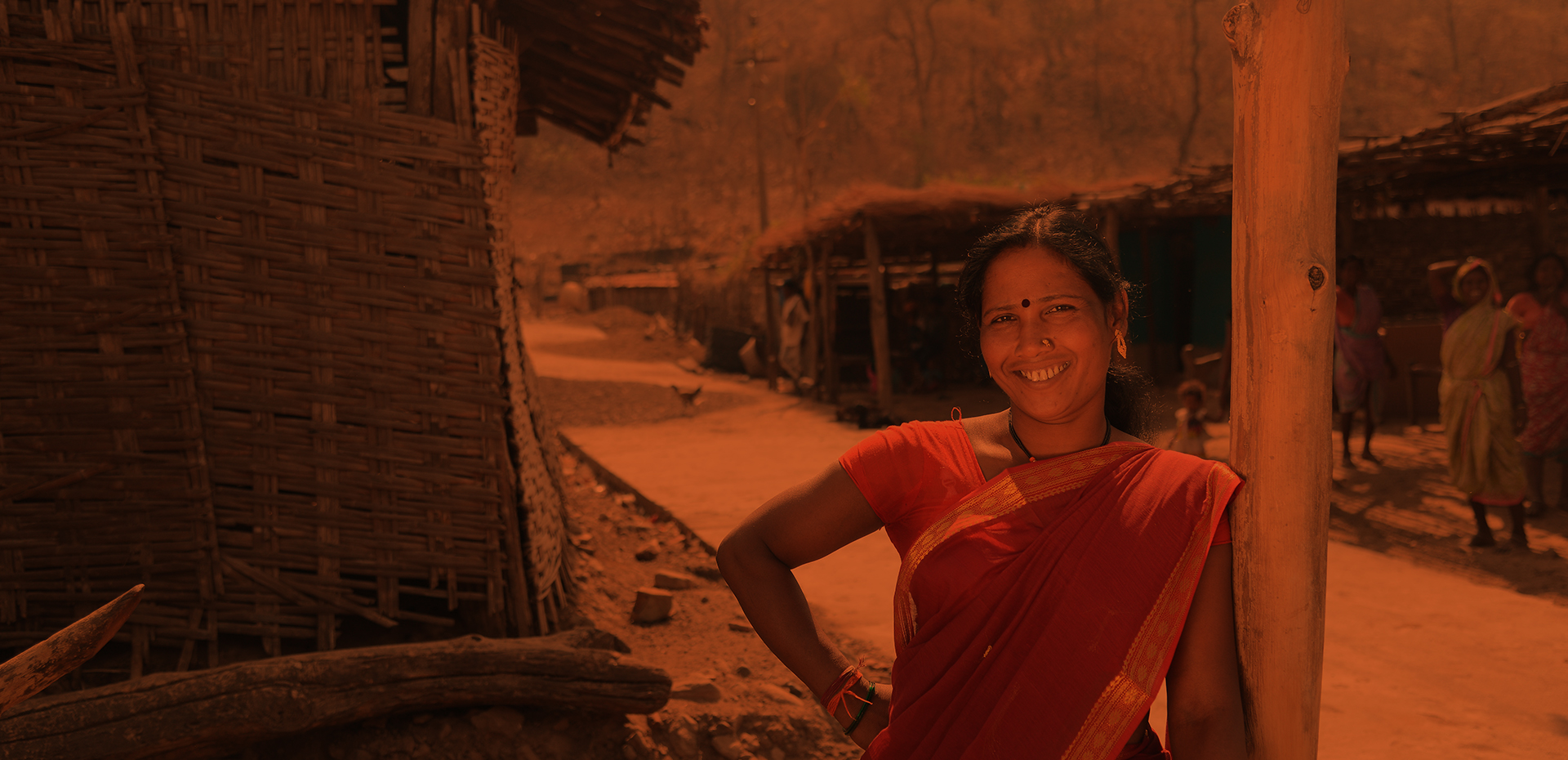
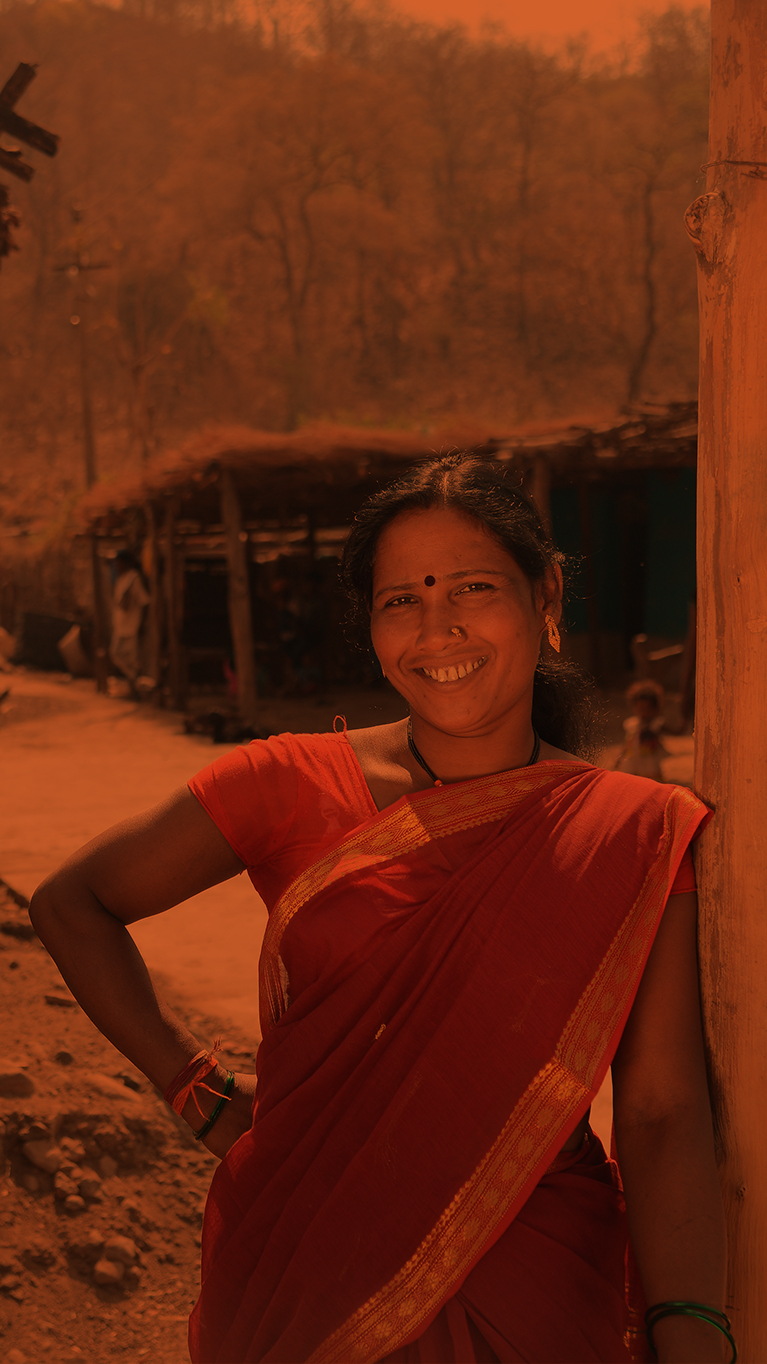


Farmers are severely affected due to a lack of rainfall and the resultant poor-quality yields. 60% of the farmers are dependent on money lenders for crop credit and pay high rates of interest, which affect their family income. Due to a lack of education and living in impoverished, sub-standard conditions, health is impacted by poor personal hygiene and sanitation.
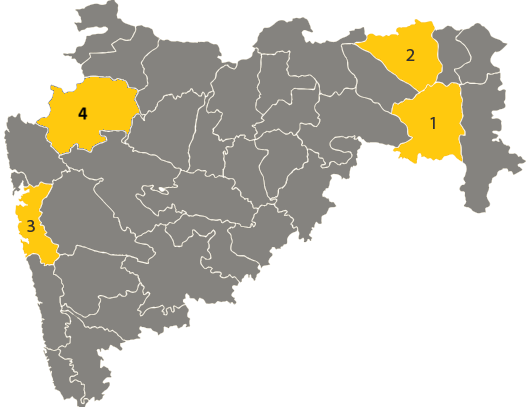
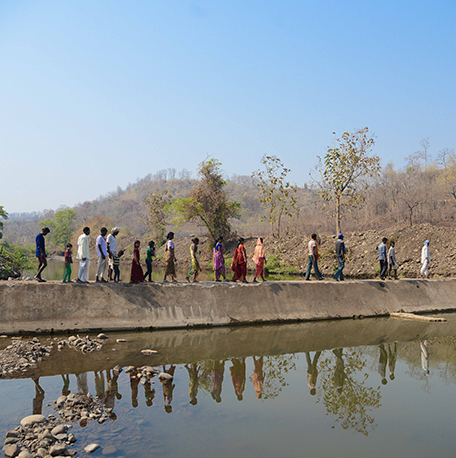
Ambuja Foundation’s water program operates across 17 Talukas of 3 District with a focus on creating check dams, farm ponds, and recharge pits; repairing, renovating and de-silting existing structures; and promoting farm bunding and terrace farming in farmer fields. The major objective is to harvest water and increase the groundwater table and resultant potable drinking water. Micro-irrigation systems like drip and sprinkler irrigation are also promoted for the judicious use of water.
Water storage capacity created
Households
Check dams
Farm ponds
area covered under micro irrigation
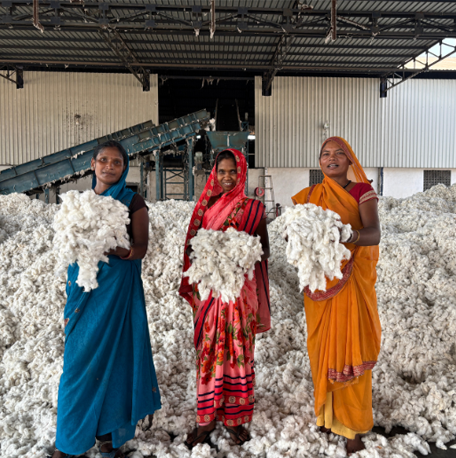
The Better Cotton program is one of the largest agricultural initiatives, aiming to improve the environmental and social impact of cotton farming. It promotes practices that use water efficiently, protect soil health, minimize pesticide use, and ensures decent working conditions for farmers. Currently, 100,185 farmers are cultivating cotton in compliance with Better Cotton’s global standards.
To enhance resilience to climate change, farmers are encouraged to diversify their livelihoods. Additionally, efforts are underway to involve women in household decision-making processes by improving their access to knowledge and financial resources.
Better Cotton Farmers
Under Better Cotton
Adopting intercropping
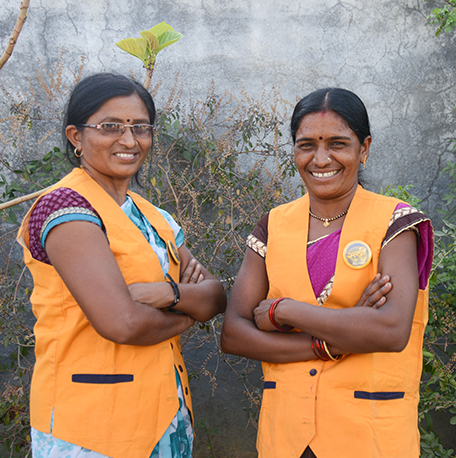
Ambuja Foundation’s integrated health program is implemented by an on-ground cadre of community women called ‘Sakhis’ who provide better health provision and ensure access to schemes. In alignment with the Swacchh Bharat Abhiyan they also focus on creating ODF villages. supports Anganwadi Centres for improved nutrition and health status of children, along with Maternal and Child Health and reduction of mortality rates. Under the NCD program, Diabetes, COPD, Hypertension, Cancer, Anaemia and Mental Health issues are being tackled with required referrals. A cadre of Adolescent Peer Educators has also been created to generate health awareness among youth. The SMART Gram program making villages SMART started with Ambuja Cements surrounding villages, focuses on sanitation, removable energy, green plantation & other holistic development.
Sakhis
Toilets constructed
ODF Villages
Anganwadi Centres
Community clinics
Tobacco Free Schools
Patients Treated
SMART villages (Mangi buj, Kukudsath, Pimpalgaon, Bhendvi & Sonapur)
Model village (Mangi buj)
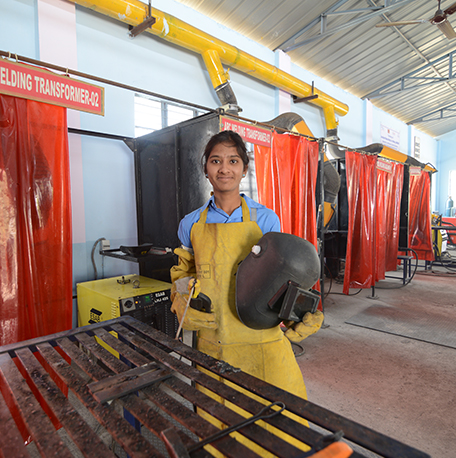
Ambuja Foundation’s Skill and Entrepreneurship Development program in Chandrapur has both short and long duration courses in trades such as Electricals, Fitter, Welder is in ITI mode. General Duty Assistant (Nursing), Assistant Electrician, MMAW, CNC Machine Operator, Graphic Designing, EDP, Microfinance Executive, BCBF and Mason Training are the NSDC affiliated short duration courses. As a registered ITI, Ambuja Foundation has established state of the art facilities for workshops, labs, and classrooms with NSDC & NCVT affiliation.
A new centre has been setup in Nagpur offering courses in Business Correspondent and Business Facilitator and Assistant Electrician.
Youth trained
Youth placed
Placement rate
Enterprises
Women Trainees
Trades/Courses
Placement partners
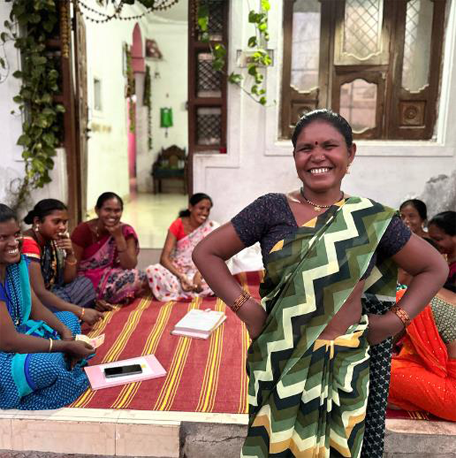
Ambuja Foundation has been promoting women empowerment through participation in Self-Help Groups, Women Federations and Farmer Producer Organizations. Women have developed good habits in taking bank loans and repaying on time – even securing Government loans. Most women are involved in micro-enterprises and have successfully established their own businesses. 2 Federations have been established to tackle local social issues collectively and work for the socio-economic development of women. Ambuja Foundation has also increased women’s participation in toilet construction work, safe drinking water and community health.
Self-Help Groups
Women engaged in SHGs
Women Federation
Women Engaged from 127 SHG’s in the Federation
Farmer Producer Organizations (855 Share Members,534 members registered on ROC portal)
Women involved in livelihoods
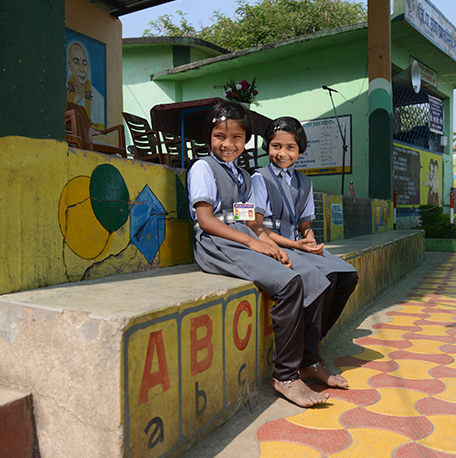
Currently operating in 30 government schools across Rajura, Jiwati, and Korpana blocks with emphasis on creating an enabling learning environment to focus on key interventions like foundational literacy and numeracy, physical education and sports, WASH, English literacy, digital learning, and STEM education. Provision of adequate WASH facilities in schools has also been prioritized to enhance sanitation.
Schools engaged in reading promotion
Schools engaged in physical literacy through sports promotion
schools with WASH facilities
Pustak Pari's (community reading volunteers)